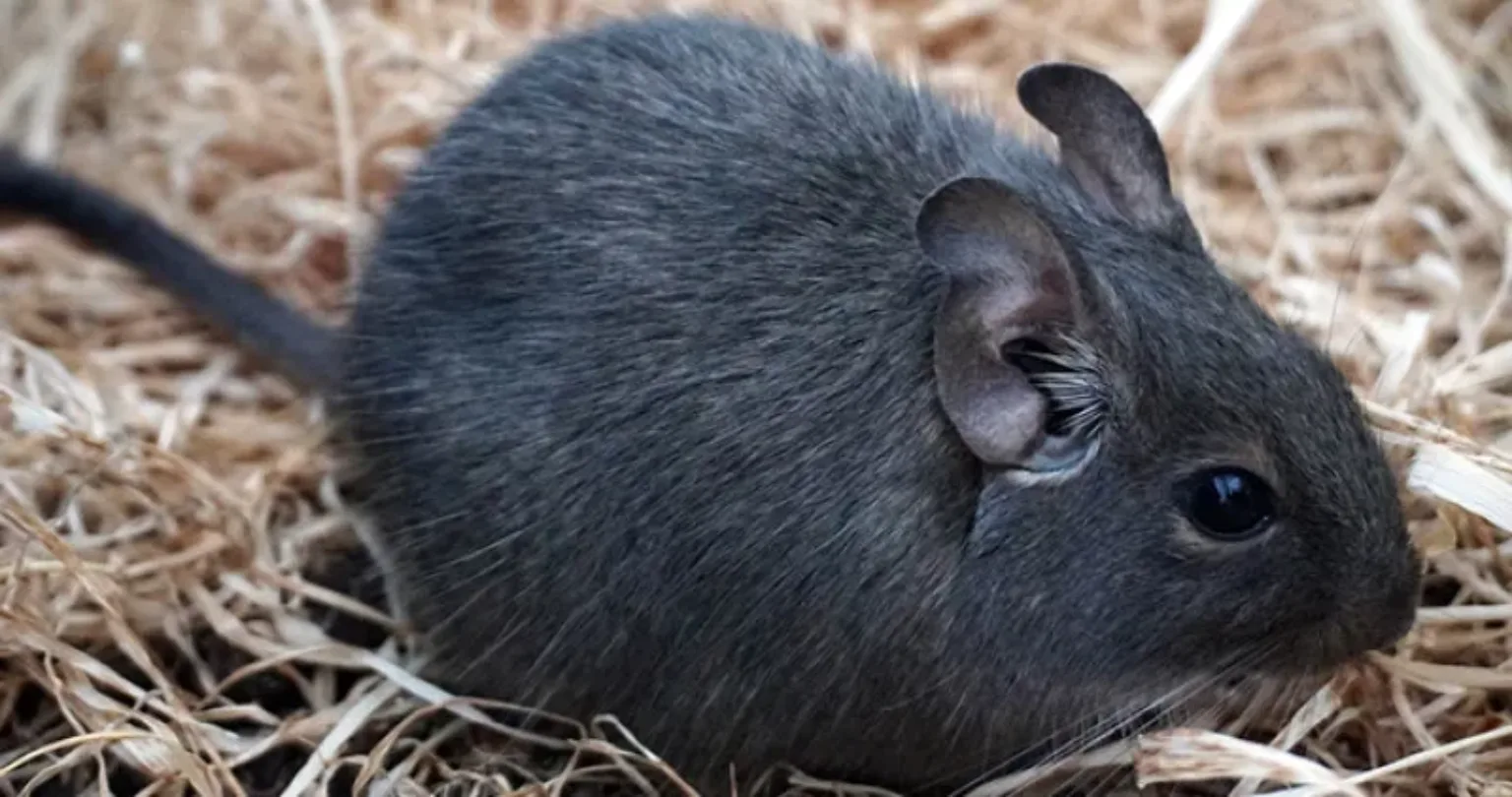Could you star in The Dog House?
If you're looking for a match, filming for the next series starts this Spring.

Degus are generally healthy animals, but you may occasionally find your degu needs veterinary treatment.
Make sure you find a degu-friendly vet who has experience with them – and be prepared for unexpected vet bills if you don’t have insurance.
Degus generally live for between five and eight years old.
Degus can be prone to dental problems. Unless they have inherited them from their parents, dental problems are usually due to a poor diet or even an inappropriate environment.
You will only be able to easily see your degus’ front set of teeth, known as the incisors. These should be dark orange in colour. The top and bottom set should meet nicely, be level and not at an angle.
If you spot any of these signs, your degu could have dental problems. Contact your vet if you have any concerns:
Degus can be prone to diabetes – especially if they’ve been fed an unsuitable diet including sugary treats like fruits and chew bars. It can be managed by improving their diet, but it’s likely their health will decline slowly. Signs to look out for include:
If you suspect your degu has developed diabetes, arrange a vet check and review their diet quality.
Degus love to explore and move quickly. However, if the environment is not safe for them, they can get seriously injured.
Furnish your degus’ cage with fun activities to keep them occupied. Avoid any items that could trap their legs or they could become tangled up in. If you notice any change in your degus’ movements or swellings in their legs, talk to your vet.
Tail injuries or loss is also common if your degus are handled incorrectly or have been involved in a fight with another degu. Also known as ‘degloving,’ this is when a degu allows their tail to detach to escape a predator. Either the skin and fur will detach from the tailbone or the whole tail may come off.
Because of this, make sure you avoid picking your degu up by the tail. If your degu does deglove, they will need immediate veterinary treatment to clean and repair the wound.